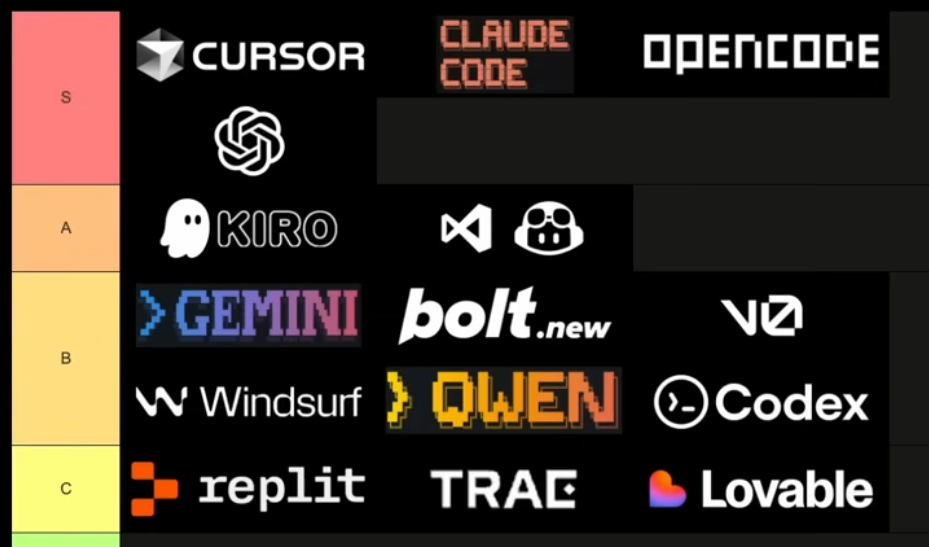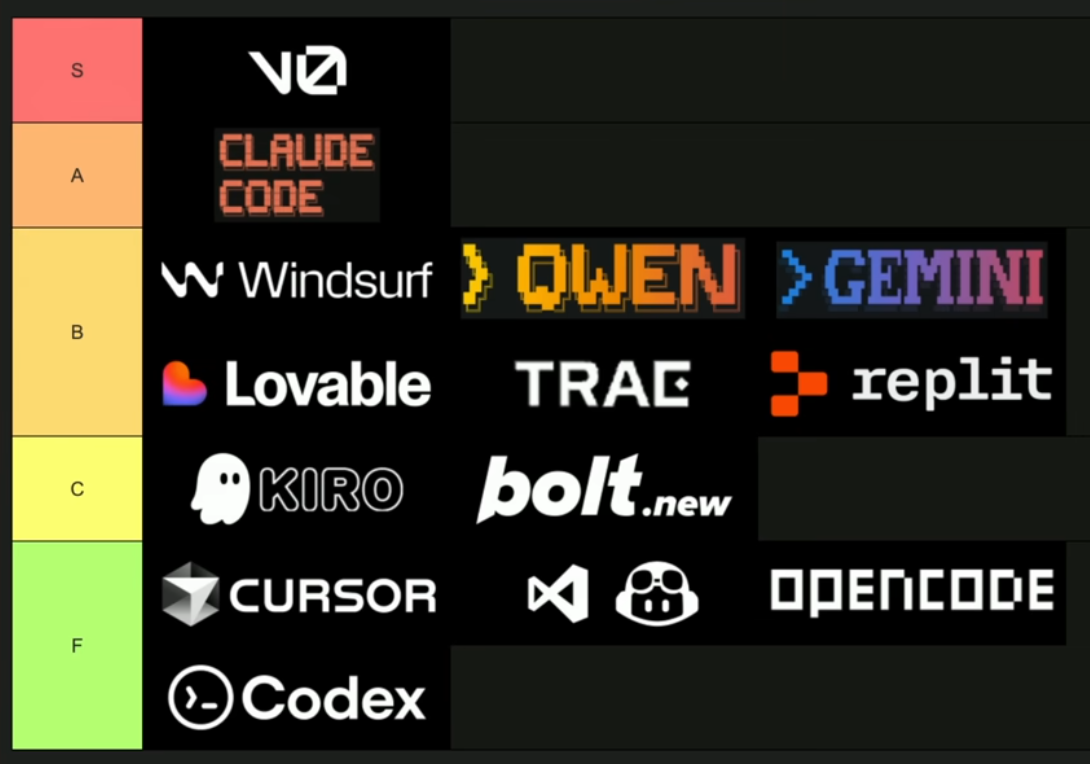Code Mode
https://blog.cloudflare.com/code-mode/
A new approach called "Code Mode" improves AI's interaction with external tools. Instead of forcing Large Language Models (LLMs) to directly "call tools" via the MCP protocol, which is unnatural for them, it's proposed to ask them to write TypeScript code that accesses these tools via an API.
The system automatically converts tools available via the MCP protocol into a clear TypeScript API with documentation. The AI-generated code is executed in a secure isolated "sandbox." The MCP protocol itself remains important, as it provides a standardized way to connect to services, obtain their descriptions, and securely authorize, allowing the system to manage access without directly involving the AI.
This method is much more effective because LLMs are trained on vast arrays of real code and are better at writing it than using specialized, artificially created commands.
The technological basis for this "sandbox" is the Cloudflare Workers platform, which uses lightweight and extremely fast V8 isolates instead of slow containers. This ensures high efficiency and security: the code is completely isolated from the internet and can only interact with permitted tools.
#cloudflare #mcp

